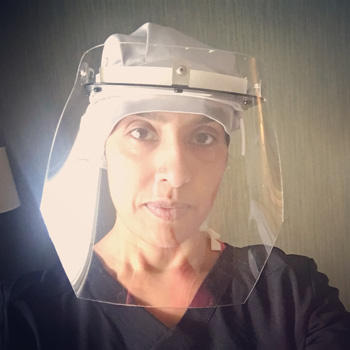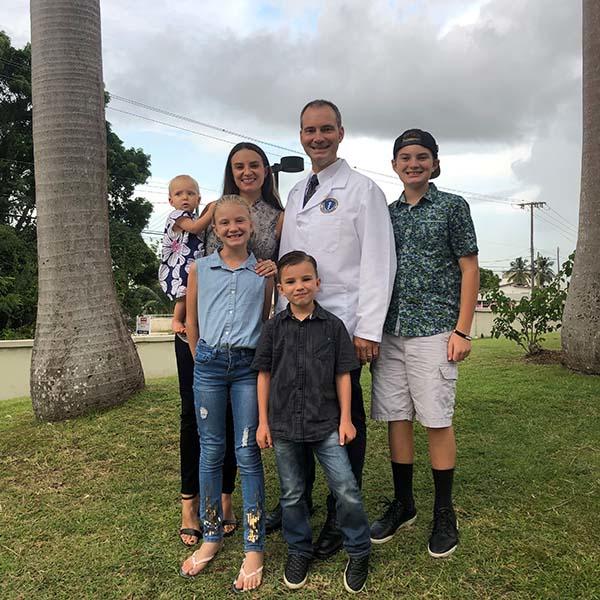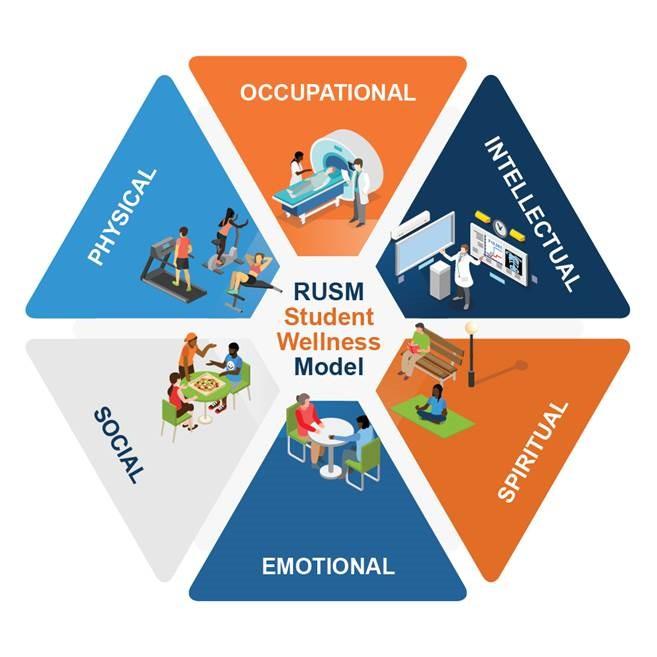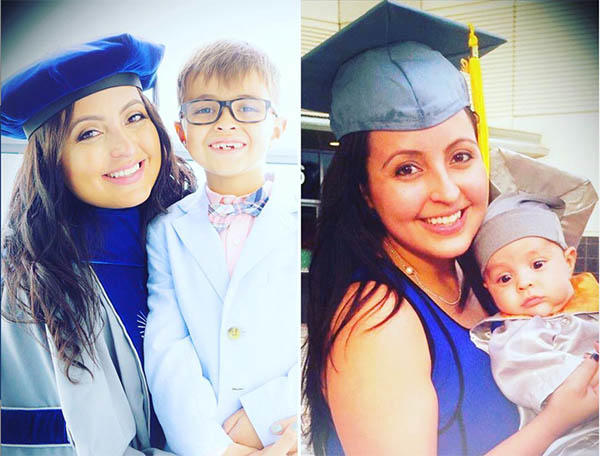As regions across the United States started re-opening its doors to non-essential services, some residents misinterpreted the move as an indication that the rampant COVID-19 disease was lessening, that vaccines or other medical interventions were on the immediate horizon or that it was safe to invade personal space and go un-masked. While medical experts still grapple with rising infection numbers and states begin retreating to earlier restoration phases, Ross University School of Medicine (RUSM) alumna Maneesha Ahluwalia, MD, suggests taking a refreshed approach to fighting the pandemic — studying human behavior instead of mandating rigid guidelines.
“Behavior will dictate how this disease progresses. We have to study the granular aspects of how people accept or reject messages, review their emotional and mental wellness and then study their ability to change. Controlling the spread has a lot to do with what people are willing to give up. We need to determine which group is the most resilient and alter the process to reach them first because we’re battling another living thing and we have to be faster than the microorganism to win.”
Maneesha, who recently swapped scrubs to become a life coach, worked in a hospital when COVID-19 first reared its ugly head. But she encountered three positive experiences that kept her momentum strong — motivating a distressed patient with long-term diabetic issues, donating face shields to fellow front-line workers and connecting with a Kenyan colleague who coincidentally worked in the same clinic in Kenya when she volunteered there for Doctors Without Borders (DWB).
Becoming Immersed in DWB
An avid supporter of the humanitarian medical-aid organization, Maneesha remembers spotting a sea of red tents splashed on the streets of Manhattan 15 years ago when she was finishing her internal-medicine residency. “That refugee exhibit was like nothing I had ever seen. When you see an image like that, you can’t un-see it. It had such an impact and piqued my curiosity about DWB and I knew I had to do it.”
Ready for her first DWB mission in 2006, Maneesha received a last-minute call about a vacated infectious-disease fellowship and knew she couldn’t turn it down. Two years later, she accepted an attending job that ended after 18 months because of productivity issues. “I was told I wasn’t meeting my numbers; it was my first experience with physician metrics. It can be the most frustrating, disheartening and discouraging part of medicine.” Unfortunately, that was the first of a few similar dismissals.
While her career was in flux, Maneesha decided to follow her volunteer dreams. She spent nine months in Kenya, half a year in Cambodia and almost a year in Uganda — each providing unique life experiences with unconventional paths to medical recovery. In between the last two trips, Maneesha practiced medicine in the U.S. and married her now husband who accompanied her on her last DWB mission.
When they returned, Maneesha accepted temporary and permanent positions but still wasn’t finding the autonomy she craved and the right medical path to help underserved patients in Baltimore. That’s when she discovered life coaching and began counseling patients on health, the current pandemic, self-discovery, fertility, relationships, career and weight loss. “I wanted to spend time with patients in a meaningful way and not worry about the numbers and time constraints. Life coaching allows me to make a real impact with people’s lives and their psyches — even with physicians who might be struggling at this time. It’s untraditional but for me, this is the best way to tackle the medical problems from all angles. I help people improve so many aspects of their life that all lead to improving their overall health.”
Appreciative and Thankful
We appreciate your commitment to the continued well-being of our RUSM community and support during this unprecedented time.




